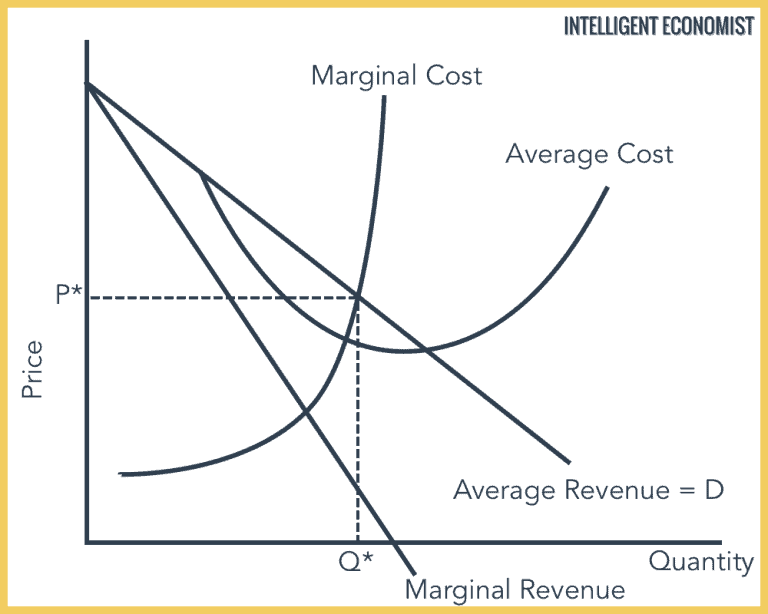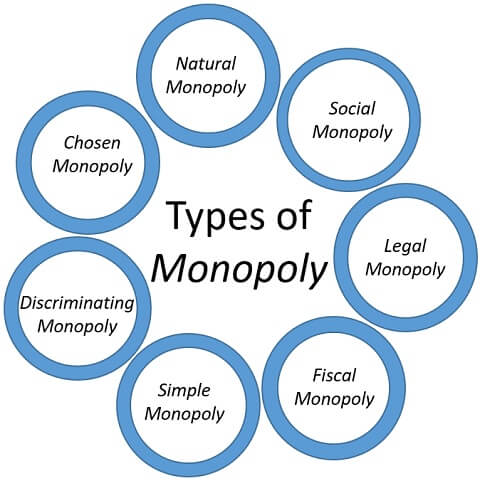

In many jurisdictions, competition laws restrict monopolies due to government concerns over potential adverse effects.

Monopolies can be established by a government, form naturally, or form by integration. Monopolies, monopsonies and oligopolies are all situations in which one or a few entities have market power and therefore interact with their customers (monopoly or oligopoly), or suppliers (monopsony) in ways that distort the market. Likewise, a monopoly should be distinguished from a cartel (a form of oligopoly), in which several providers act together to coordinate services, prices or sale of goods. Ī monopoly may also have monopsony control of a sector of a market. A small business may still have the power to raise prices in a small industry (or market). Although monopolies may be big businesses, size is not a characteristic of a monopoly. In law, a monopoly is a business entity that has significant market power, that is, the power to charge overly high prices, which is associated with a decrease in social surplus. In economics, a monopoly is a single seller. The verb monopolise or monopolize refers to the process by which a company gains the ability to raise prices or exclude competitors. Monopolies are thus characterised by a lack of economic competition to produce the good or service, a lack of viable substitute goods, and the possibility of a high monopoly price well above the seller's marginal cost that leads to a high monopoly profit. This contrasts with a monopsony which relates to a single entity's control of a market to purchase a good or service, and with oligopoly and duopoly which consists of a few sellers dominating a market.

Unsourced material may be challenged and removed. Please help improve this article by adding citations to reliable sources. This article needs additional citations for verification.


 0 kommentar(er)
0 kommentar(er)
